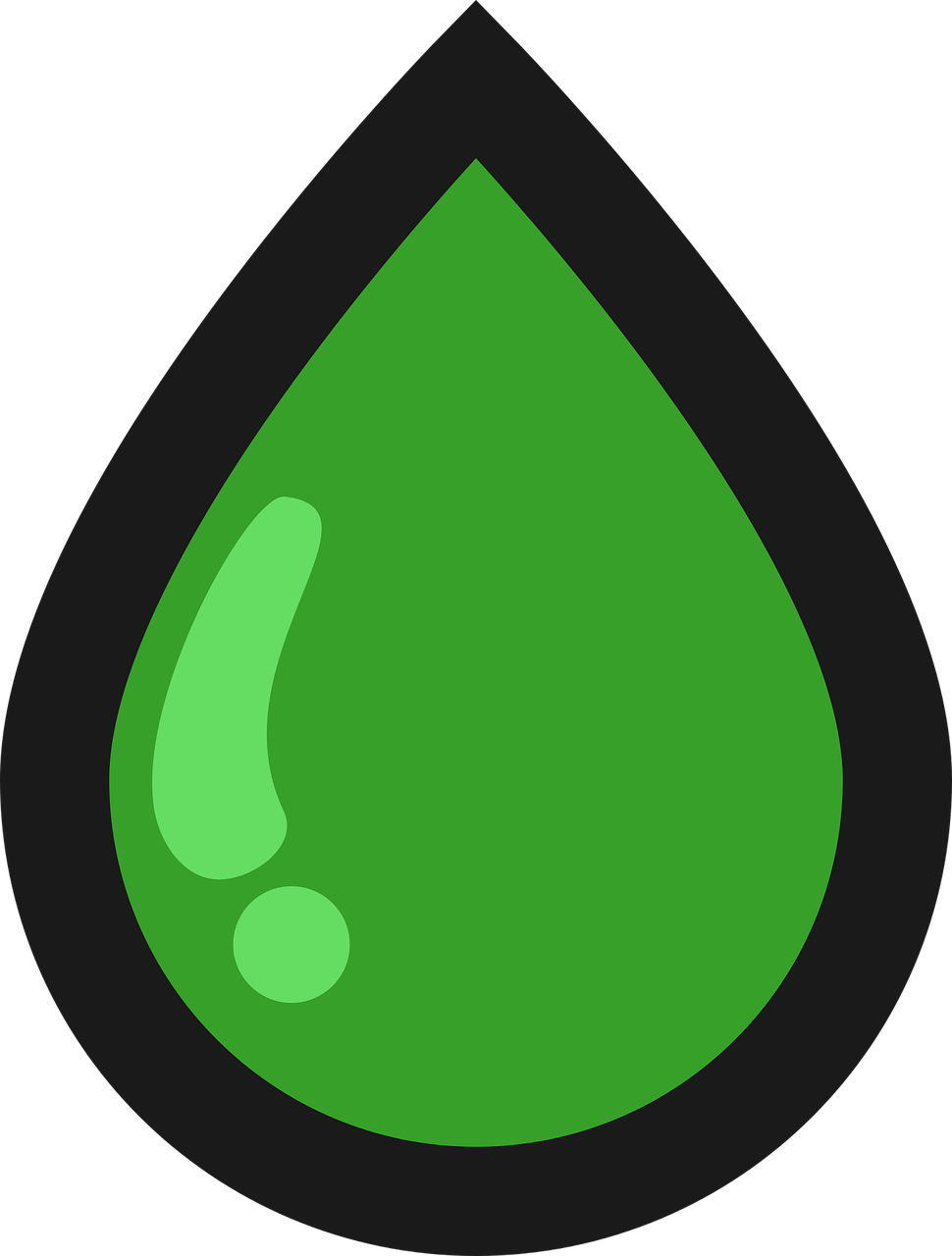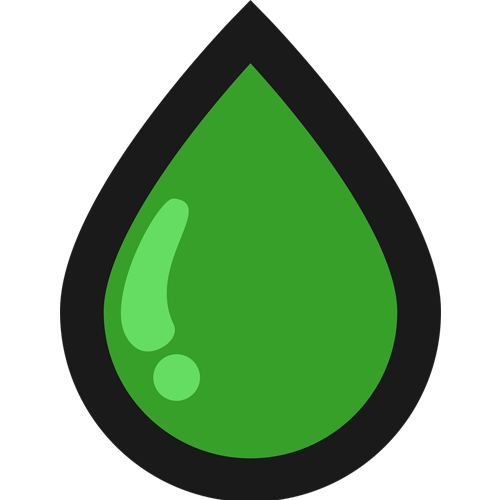Key Takeaways
– CBD with less than 0.2% THC is legal in Germany
– CBD does not have psychoactive effects
– CBD consumption does not typically raise suspicion of drug use during police checks
– CBD is not detectable in drug tests
– Consuming large amounts of CBD with small amounts of THC may result in a positive drug test
Introduction
CBD, short for cannabidiol, has gained significant popularity in recent years for its potential health benefits. As more people explore the use of CBD products, questions arise regarding its legality and detectability in drug tests. In Germany, CBD is legal as long as it contains no more than 0.2% THC, the psychoactive compound found in cannabis. This article aims to provide a comprehensive understanding of CBD’s legality and detectability in Germany, addressing common concerns and misconceptions.
The Legality of CBD in Germany
In Germany, CBD products with less than 0.2% THC are considered legal. This threshold ensures that the CBD does not have psychoactive effects and does not impair perception or motor skills. It is important to note that CBD products containing higher levels of THC are classified as narcotics and are subject to stricter regulations. Therefore, it is crucial to check the THC content before purchasing or consuming CBD products in Germany.
Driving and CBD Consumption
One common concern among CBD users is whether it is safe to drive after consuming CBD. Since CBD does not have psychoactive effects, it is generally safe to drive after consuming CBD. However, it is essential to be aware of the potential side effects of CBD, such as drowsiness or dizziness, especially at higher doses. If you experience these side effects, it is advisable to refrain from driving or operating heavy machinery until the effects subside.
Police Checks and CBD
During routine police checks, CBD consumption rarely raises suspicion of drug use. Unlike THC, CBD does not produce the typical effects associated with cannabis consumption, such as euphoria or altered perception. Therefore, individuals consuming CBD are unlikely to face legal consequences or further scrutiny during police checks. However, it is always recommended to carry CBD products in their original packaging and have proof of purchase to avoid any misunderstandings.
Detectability of CBD in Drug Tests
One of the main concerns for CBD users is whether it will show up in drug tests. The good news is that CBD is not detectable in standard drug tests. Drug tests typically screen for THC, the psychoactive compound in cannabis, rather than CBD. Therefore, consuming CBD alone should not result in a positive drug test.
Potential Risks of THC Contamination
While CBD itself is not detectable in drug tests, it is essential to be cautious when consuming CBD products that also contain small amounts of THC. Consuming large amounts of CBD with small amounts of THC may result in a positive drug test for THC. It is crucial to carefully read product labels and choose CBD products with minimal THC content to minimize the risk of a positive drug test.
Factors Affecting THC Metabolism
The rate at which THC is metabolized in the body can vary depending on several factors. These factors include the ratio of CBD to THC in the product, individual metabolism, and frequency of CBD consumption. It is challenging to predict the outcome of a drug test or a hair analysis for THC after consuming CBD hash, as it depends on various factors and individual differences in metabolism. Therefore, it is advisable to exercise caution and choose CBD products with minimal THC content if drug tests are a concern.
Refusing a Urine Test
In Germany, refusing a urine test during a police check is voluntary. Without reasonable suspicion of drug use, the police are unlikely to take further action if an individual refuses to take a urine test. However, it is important to note that refusing a urine test may raise suspicion and potentially lead to further investigation. It is always advisable to cooperate with law enforcement officers and provide necessary information to avoid any unnecessary complications.
Conclusion
CBD with less than 0.2% THC is legal in Germany and does not typically raise suspicion of drug use during police checks. CBD is not detectable in standard drug tests, but consuming large amounts of CBD with small amounts of THC may result in a positive drug test. Factors such as the ratio of CBD to THC and individual metabolism can affect the detectability of THC in drug tests. It is crucial to exercise caution when choosing CBD products and to be aware of the THC content to minimize the risk of a positive drug test. Overall, CBD offers potential health benefits and can be safely consumed within the legal limits in Germany.



